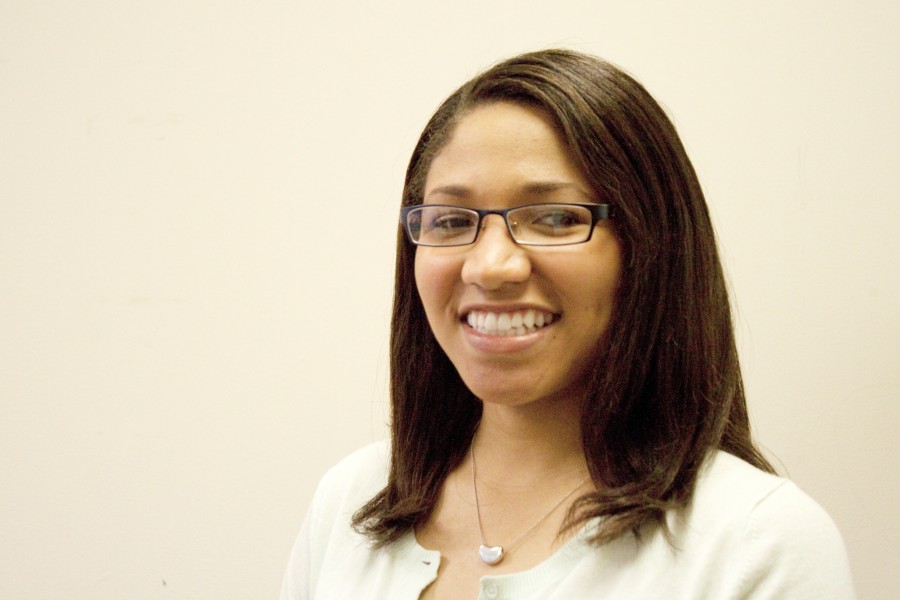As a woman pursuing the field of political science, I am often confronted by the following question: why are women a minority in the elected political field?
Although women perform just as well as men, women continue to be under-represented in our nation’s political institutions. Though we must not overlook the strides that women have made in the political sector, we must acknowledge that there is still much ground to cover.
According to the Center for American Women and Politics, women occupy only 16.6 percent of the seats in the 112th United States Congress; women hold less than 90 of the more than 500 seats. The lack of women in political office ranks the United States as 60th in terms of the number of women hold national elected office.
A national study asserts that a candidate’s gender does not affect his or her ability to win an election. So, the initial question remains: why are women a minority in the elected political field? The Brown Policy Report “Why Don’t Women Run for Office?” finds that this gender disparity is linked to the candidate’s initial decision to run for an elected office.
Women are not significantly less likely than men to consider running for office, but women are significantly less likely to actually run for office. Men are 71 percent more likely than women to execute a campaign.
We must further probe the reason that women, although equally interested and qualified as men in holding political office, are significantly less likely than their male counterparts to campaign for elected office. Contrary to common misconception, women are not adverse to, but instead embrace the components of active campaigning. Also, women do not suffer from a generational gap that would influence their perception of gender roles.
The report concludes that women are less likely to actively seek political office because they never received encouragement or recruitment. Women who are never encouraged by their family or those already in the political sector to run for office have a 0.20 probability of considering candidacy. However, when women are encouraged, these odds increase twofold.
Last year, the students at Loyola were encouraged in a unique way be emerge as leaders on campus and in their community. Loyola University was selected to host Campaign College, a day-long training session held on campus that taught students, especially young women, how to run for student government positions.
Campaign College sought to address the disparity between the high percentages of women in colleges and universities and the low percentages of women in student government. Further, the training session addressed the strong correlation between the involvement in student government and future political involvement.
Campaign College produced tangible results: the vast majority of students who attended Campaign College went on to run for and be elected to student leadership positions.
Now called “Elect Her: Loyola Women Win,” Loyola students will again have the opportunity to be encouraged to run for elected campus offices. Elect Her will be hosted this Saturday, and all students are invited to attend.
The initial question has a rather simple solution: to remedy this large gender disparity, we must encourage women to seek office. Encouragement, the right words at the right moment, has the ability to change someone’s circumstances.
Kristen Lee is a political science senior. She can be reached at








